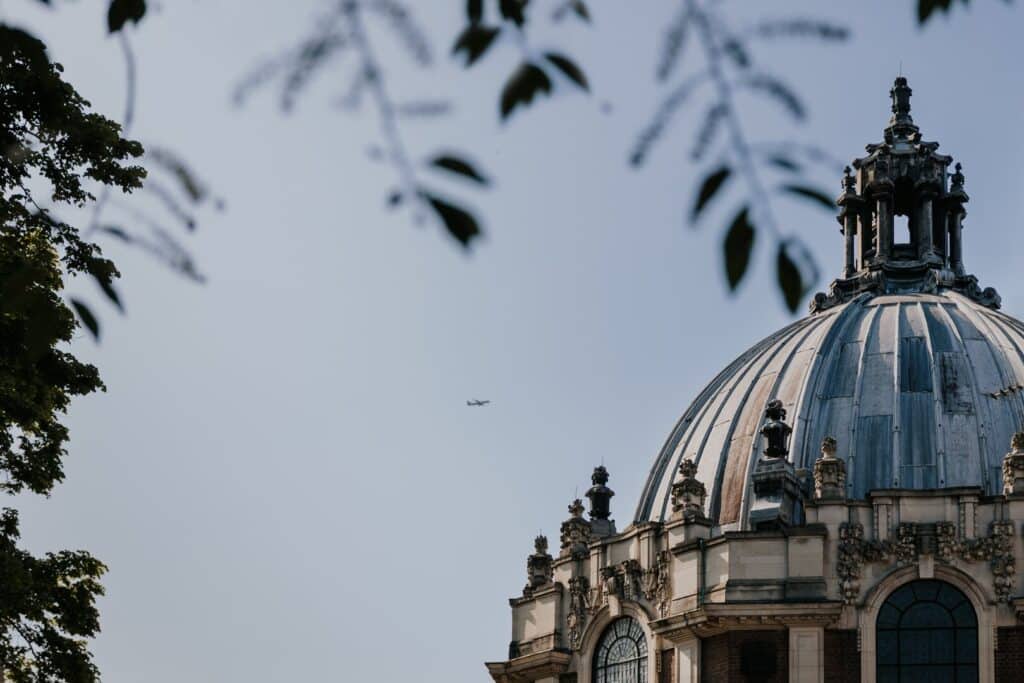Raised in a two bedroom flat on a Camden council estate that is among the five per cent most financially deprived regions in London, I come from a background that ‘Streetonians’ are envious of, in theory but not in practice.
I, the middle child of Filipino parents who are ambitious for their children, began my education at the local state school and found school work easy and exceeded academic targets. In my last year at infant school, I found a leaflet about Westminster Cathedral Choir School (WCCS) and my teachers encouraged me to apply. I don’t have perfect pitch, but people noticed my passion and my commitment to learning. I began to take my studies very, very seriously. We were required to learn the piano and I reached Grade 5 in two years.
I sang daily vespers with the lay clerks and met the Pope after ‘an intimate al fresco performance’. I remember the elation I felt singing the solo Es Ist Vollbracht from Bach’s, St John Passion. The performance earned me the prestigious Cardinal’s Chorister title.
My parents had no idea that somebody from my background would be able to attend a school like Eton. I can’t express how proud they were when I got accepted. At that time, I was on track to become the first pupil in WCCS’s history to achieve two instrumental Grade 8 distinctions (in piano and violin) within five years of beginning to play.
Eton did strike me as quite daunting at first as it had eight times as many pupils as WCCS and is spread over such a large area. Coming on a full bursary meant I definitely worried about fitting in with the wealthier students. But once you’re in the uniform you’re all the same. You’re respected for yourself and for your abilities.
I will always remain grateful for the opportunities and the sense of self-worth it has provided me. I am proud to be attached to this wonderful institution that is constantly improving its way in providing support to those who need it most.
I wasn’t homesick when I first arrived at Eton but I was a bit lonely and missed my friends the first night. But the pastoral care is very good.
Although my voice broke when I was in Year 6, the Precentor encouraged me to participate in College Chapel Choir and junior orchestra. Music gave me the confidence to step quite easily into other areas of Eton life, despite being a shy boy. I realised that being good at something helps you transcend boundaries of age, class, and culture. I tried all kinds of extra co-curricular activities including captaining an unbeaten football team.
The academic competition definitely helped me up my game. Eton is full of bright boys who are going to be leaders in their fields — this helps you challenge yourself. It can challenge your views too — you learn the art of creative argument. The speakers who come here also give us a great sense of what’s attainable in life. You gain the confidence to aim high and realise your potential. From a social mobility standpoint, I feel I’ve been incentivised.
Some of my best moments at Eton have been singing with The Incognitos. Being a member of the group also helped me get into the Eton Society (Pop). Pop members are permitted to wear their own bright waistcoats and I’m really thankful to the School for helping me get two: one that celebrates The Incognitos and another decorated with the flag of the Philippines.
Eton opens countless doors in the lives of those who attend it. I will always remain grateful for the opportunities and the sense of self-worth it has provided me. I am proud to be attached to this wonderful institution that is constantly improving its way in providing support to those who need it most.
I’m taking a gap year during which I hope to take up a music post at St John’s College, Cambridge. I’d like to go to Oxford or Durham University after that. Longer term, I’m interested in working for an NGO — what I’ve learned in economics has given me a drive to work towards correcting social inequality. Perhaps that’s something that comes from being a middle child too — you’re always trying to resolve tensions.



